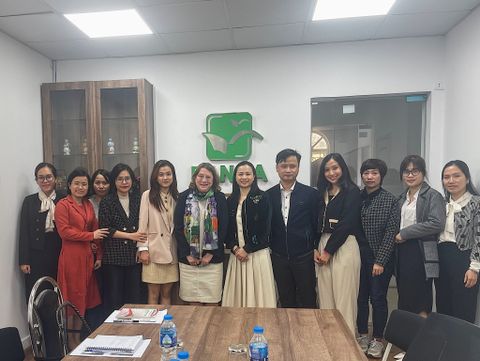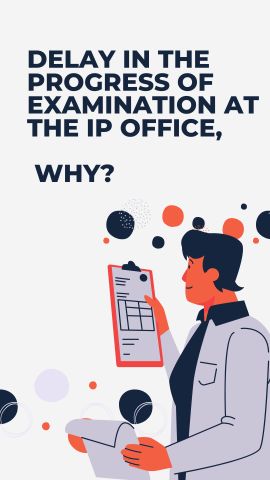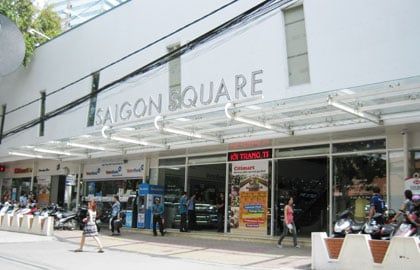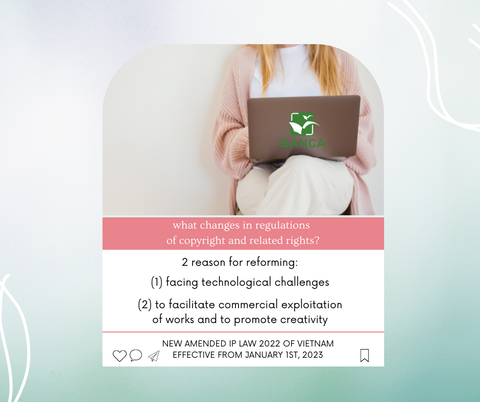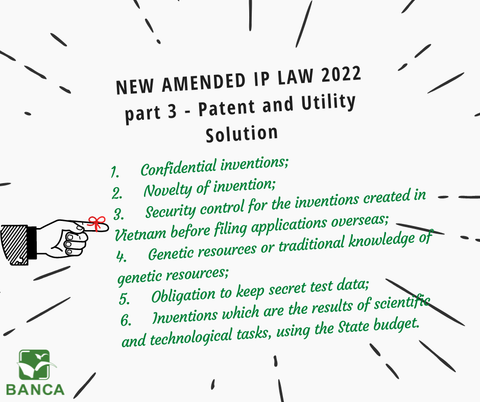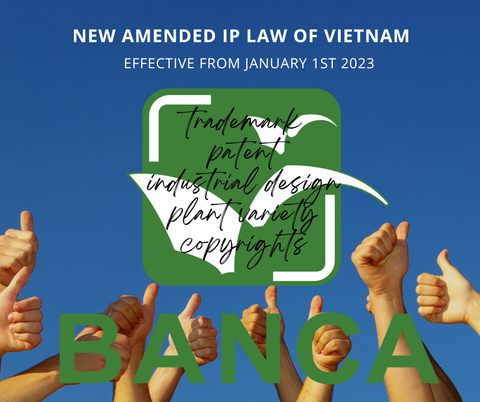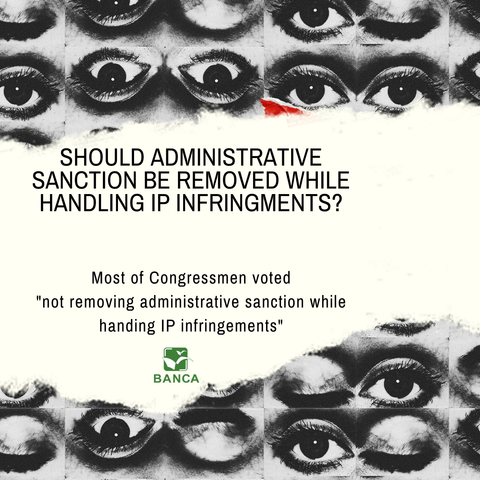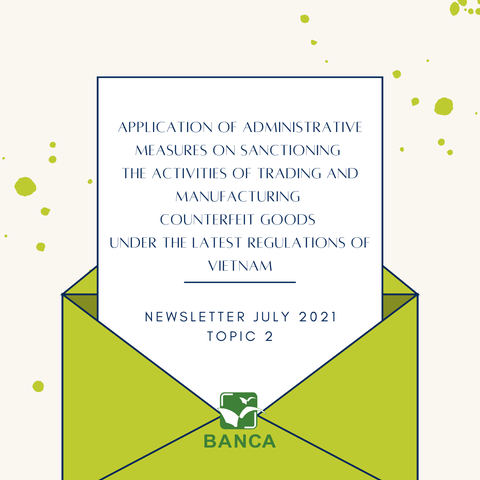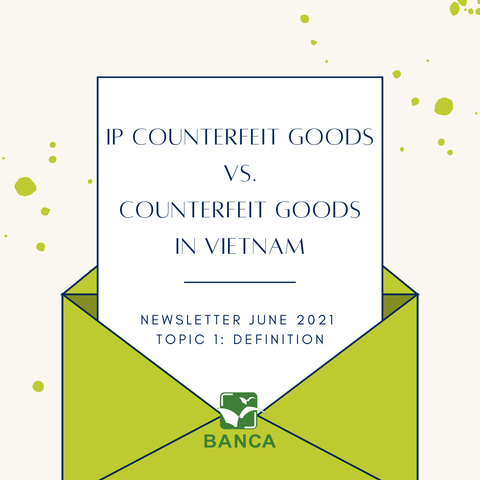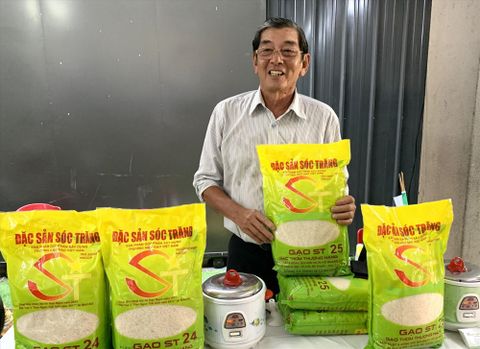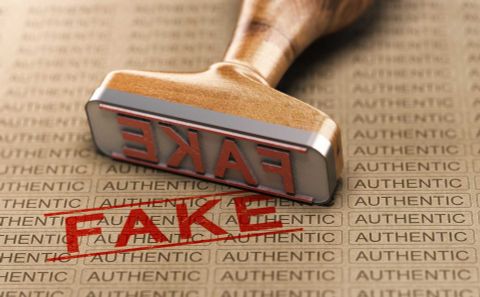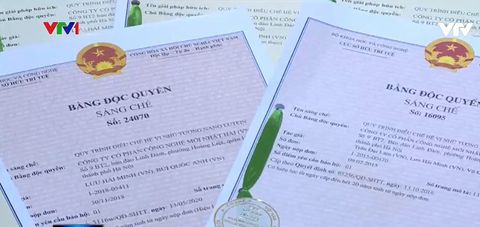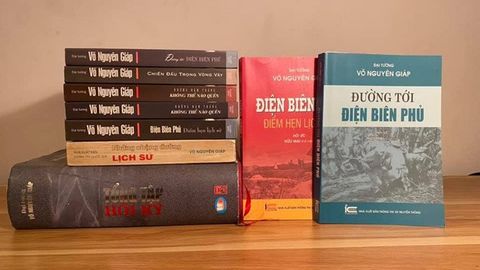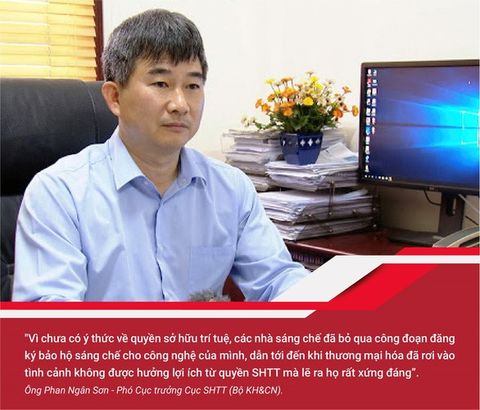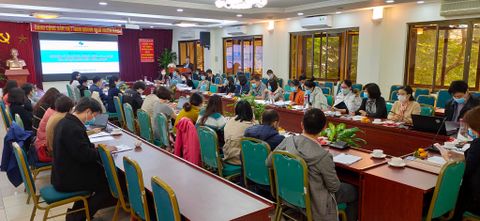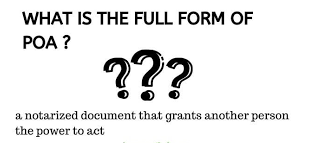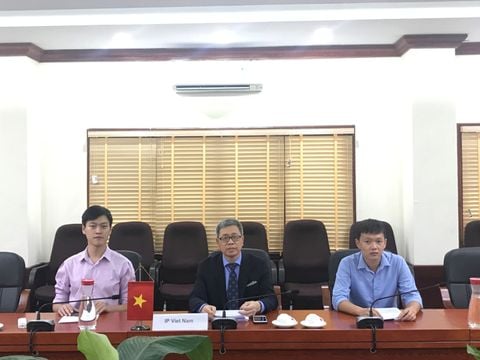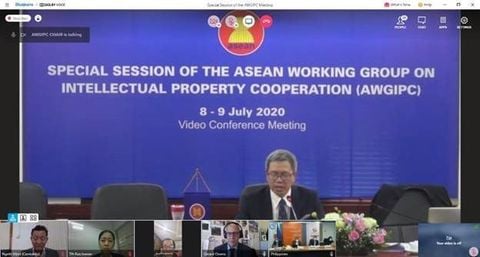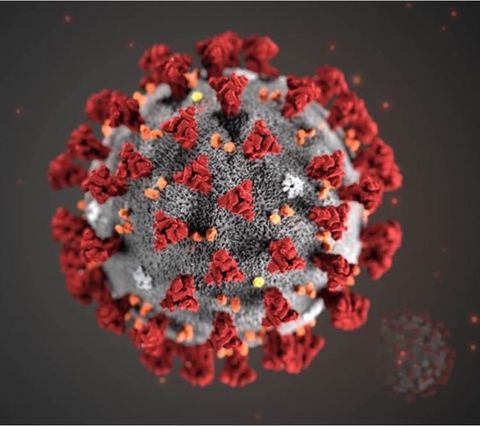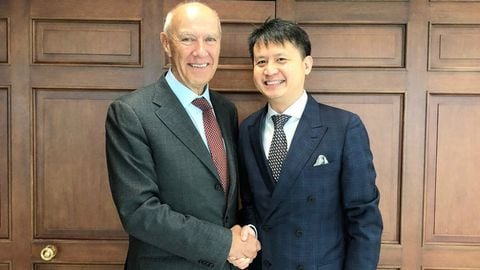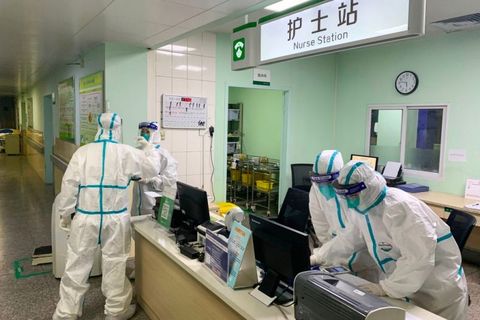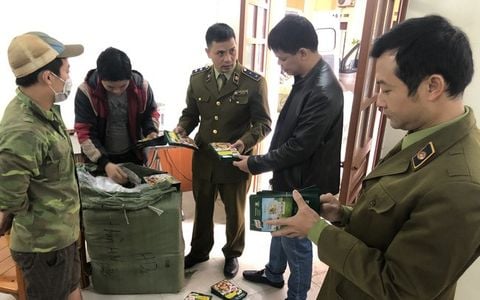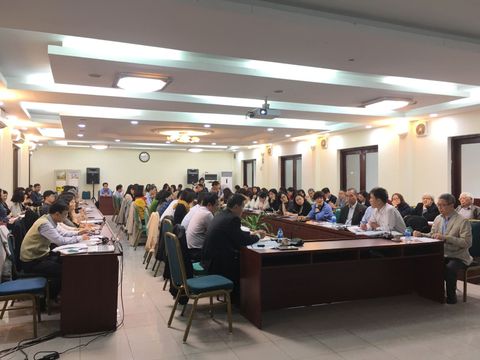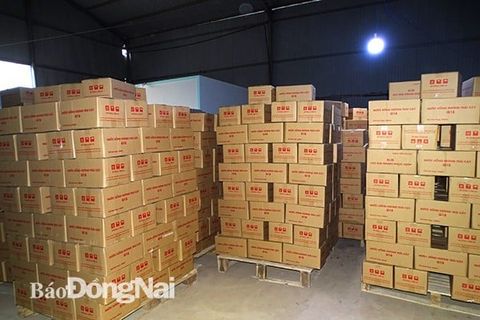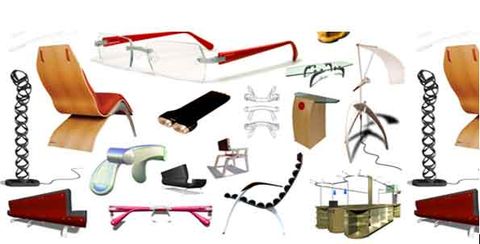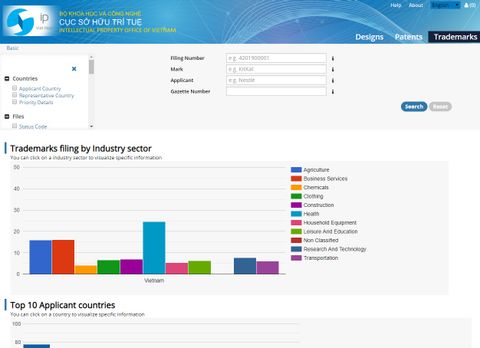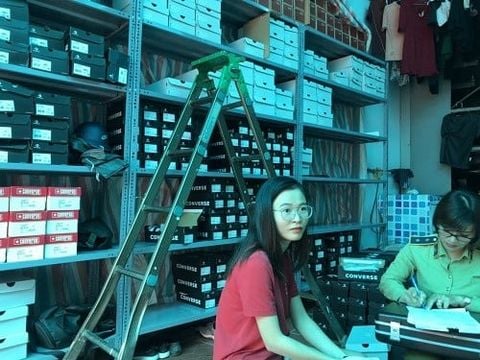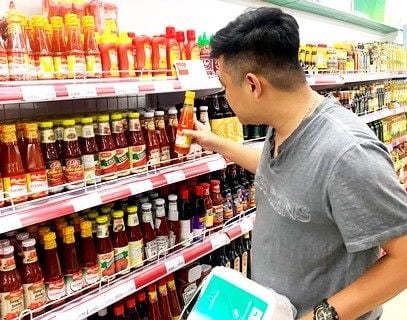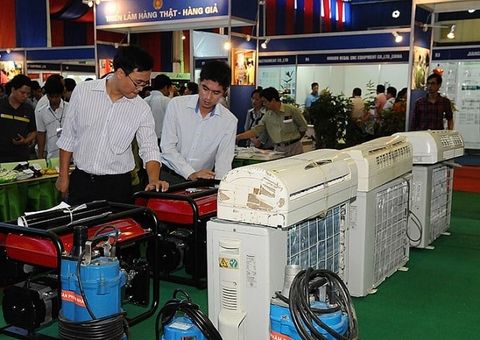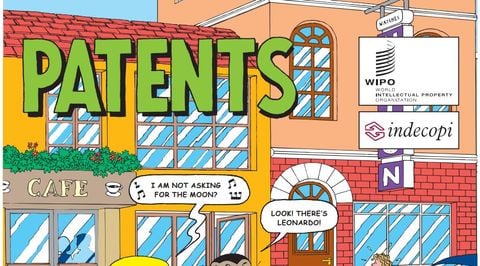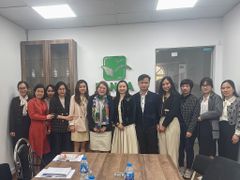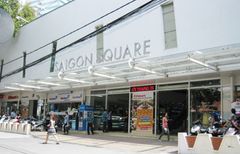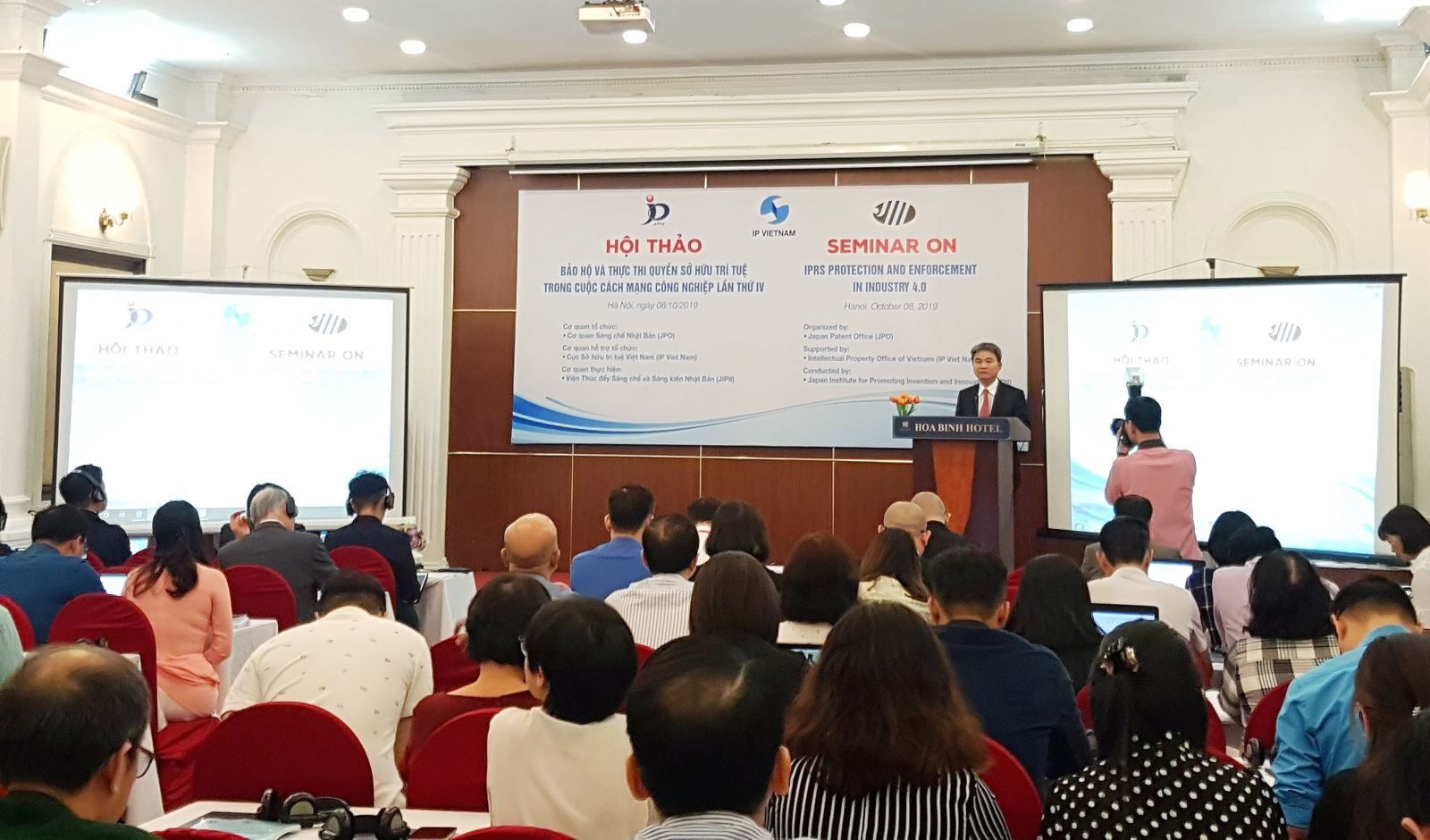
Date: 11-10-2019 by: Banca IP Law Firm
Seminar on IP Rights Protection and Enforcement in Industry 4.0
On October 8 – 10, 2019, in Hanoi and Ho Chi Minh City, the National Office of Intellectual Property (NOIP) and Japan Patent Office (JPO) held a seminar on IRS protection and enforcement in Industry 4.0.
To take advantage of Industry 4.0, each nation shall clarify its impacts on each aspect of life, including Intellectual Property (IP).

Mr. Dinh Huu Phi, Director of NOIP at the seminar
On October 8 – 10, 2019, in Hanoi and Ho Chi Minh City, the National Office of Intellectual Property (NOIP) and Japan Patent Office (JPO) held a seminar on IRS protection and enforcement in Industry 4.0. On the first day of seminar, Mr. Dinh Huu Phi – Director of the NOIP said that Industry 4.0 has taken place rapidly around the world, and be expected to change the entire systems of production and management worldwide. Thus, Industry 4.0 is considered as “a golden chance” for developing countries to seize the opportunities and grow up.
One of the main missions for the IP system is to stipulate and enforce efficiently IP laws and regulations, to create innovations and enhance the value of IP. For doing so, it is required to supplement and amend the protection system for new IP subjects which are born in the period of Industry 4.0, such as a patent on the fields of AI (Artificial Intellectual), IoT (Internet of Things), 3D printing, Nanotechnology, biotechnology, etc.
In order to do so, it is necessary to improve the mechanism and enhance the capacity to enforce IP rights, especially on the Internet. Attention should be paid to the capacity of the IP office in the processing of applications for registration of new objects; apply these new technologies in the operation of the IP Office, especially blockchain technologies, big data, and AI. In particular, cooperation in the protection and enforcement of IP rights should be promoted on a regional and global scale because many IP issues have moved beyond the borders of a single country and each individual country cannot handle them”, Mr. Dinh Huu Phi proposed.
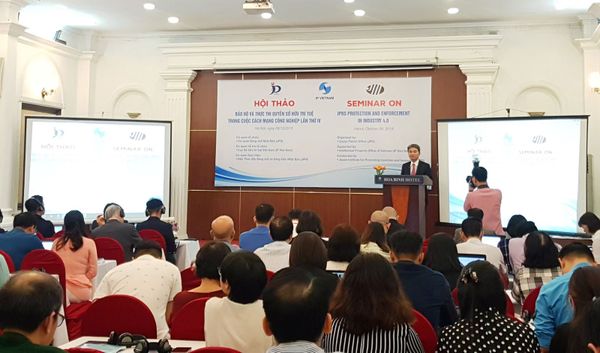
Picture from the seminar.
Affirming the Industrial 4.0 has a strong impact on the development and change of the IP system, Mr. Do Thien Hoang - Deputy Director of Research, Training, and Consulting Center of the NOIP said, “In 2016, more than 5,000 IoT related patent applications were filed with EPO, an increase of 54% over 3 years from 2014 to 2016”. This confirms that patent applications in the field of smart technology will increase rapidly along with the introduction of new materials and inventions created by AI. This also poses significant challenges in the protection of IP objects, such as protection of industrial designs for 3D printing products.
In addition, the enforcement of IPRs in the digital environment shall be more complicated. Policies should be thoroughly considered to not to prevent scientific and technological development while still ensure security, privacy and satisfactory protection of IPRs.
JPO representative, Mr. Manabu Niki also said that there should be a connection between IP and other industries because the IP system has been supporting the growth of industries. In response to IP 4.0, IP Offices should have action plans to use AI for patent, design, and trademark examination procedures. Currently, JPO is also promoting cooperation with ASEAN countries by the Japan - ASEAN Intellectual Property Declaration and the Japan - ASEAN IP Action Plan 2019. With Vietnam, JPO has also promoted bilateral cooperation in the PPH Pilot program, sending patent examiners, IT system support, etc.
From the enterprise perspective, a representative of MITSUBISHI Company opined that it is necessary to protect and use IPRs in the context of Industry 4.0. Currently, MITSUBISHI has owned 2,812 patents and 127 industrial designs by 2018.
Dr. Mitsuyyoshi Hiratsuka from Tokyo University wondered if “Is IP strategy moving from the right to exclude toward competitive law?” and what kinds of roles should be played by IPRs? Thus, Dr. Mitsuyyoshi Hiratsuka defined the roles of IPRs as a means to achieve competition in a fair and free market by looking at a company’s own business models.
Within one day of the seminar in each city, the impacts from the Industry 4.0 from IPRs perspective will be identified, analyzed by officials, businesses, and professors from both countries Japan and Vietnam in order to study reasonable solutions.
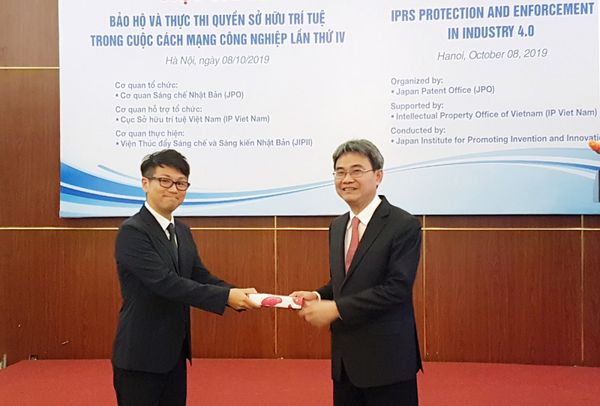
Mr. Dinh Huu Phi, Director of NOIP and Mr. Manabu Niki, Director of Regional Cooperation Department of JPO.
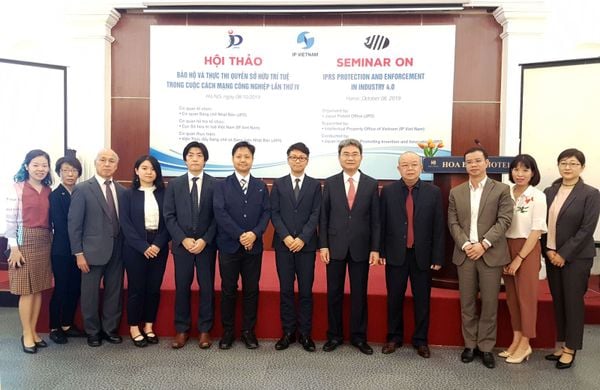
All the speakers at the seminar.
Translated by BANCA - Source: ipvietnam.gov.vn
